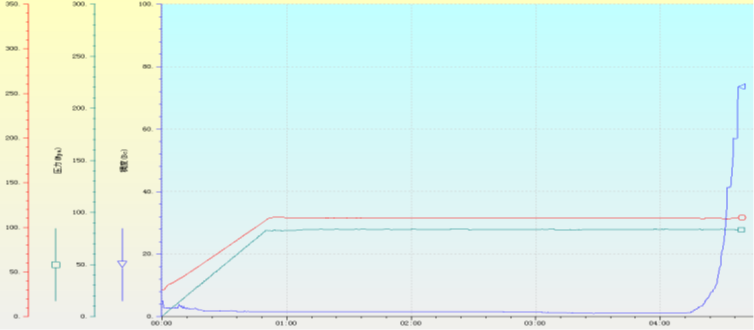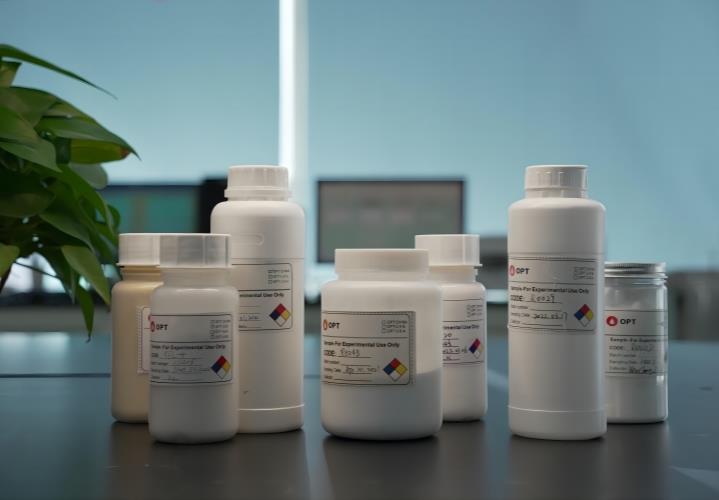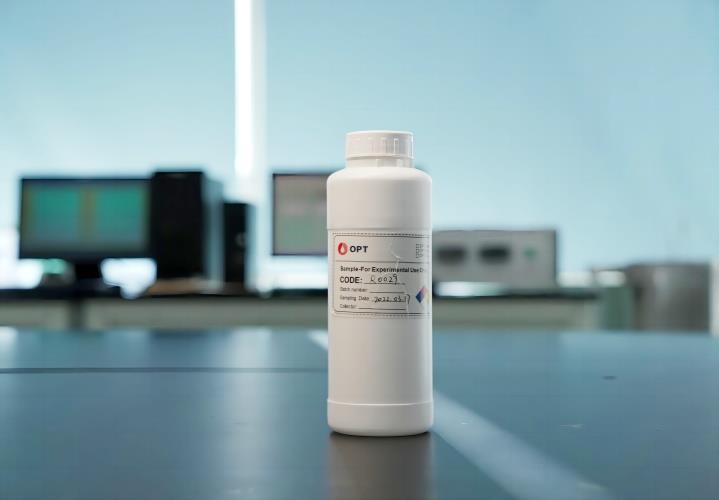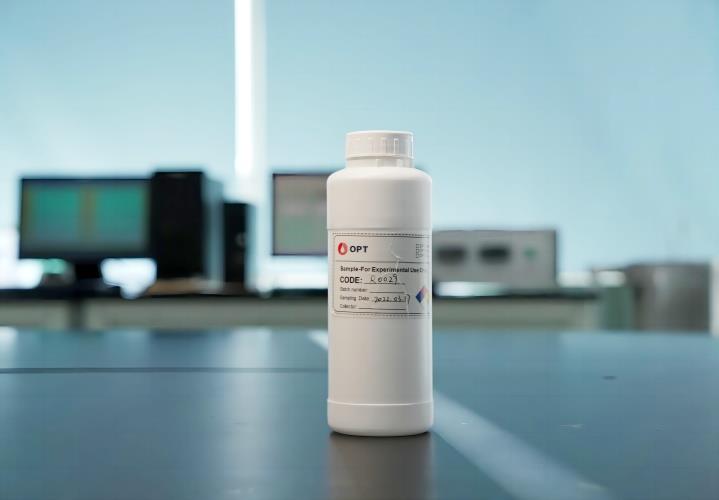Typical Properties and Field Applications
LIFT technology was commercialized in 2019 successfully and has been applied in various oil and gas fields in the world. It has been proved to be effective in cementing oil or gas wells with the following conditions and properties:
|
Temperature: |
BHST 150-325oF (65-160oC) |
|
Density: |
12.0 ppg to 20.0 ppg (1.45 – 2.45 g/cm3) |
|
Mix-water: |
Fresh water |
|
Compressive strength: |
7-10 MPa/100oC temperature differential*72 hrs. |
|
API fluid loss: |
≤50 mL |
Further information about field jobs is described in documented “Case History of LIFT Technology”.
Typical properties and thickening curve of LIFT slurries are shown in the following Table and Figure.
|
Item |
Specification |
Results with LIFT |
|
Density, g/cm3 |
1.95 | 1.95 |
|
Dispersibility, cm |
20-24 | 23 |
|
API fluid loss, ml (110℃*6.9MPa*30min) |
<50 | 42 |
|
Initial thickness, Bc |
<30 | 7 |
|
Thickening time, minutes (110℃*90MPa*50min) |
240-270 | 270 |
|
Compressive strength, MPa (20℃*0.1MPa*48h) |
>3.5 | 20.1 |

Precautions and HSE Considerations
Polymeric
retarder (KCM057), dispersant (KCM012S and KCM012L), and fluid loss control
agent (KCM065S and KCM065L) in LIFT systems play the most important role in cementing
long intervals. In addition, extenders (KCM019, KCM019R, KCM030A, KCM030B,
KCM030C and KCM030D, KCM020, KCM020R, and KCM032) and expanding agents
(KCM025LT, KCM025, KCM025HC, and KCM025H) are also used and compatible with
major additives in LIFT systems.
The
laboratory procedures, quality assurance program and guidelines for field
mixing and handling of LIFT systems are described in LIFT fluid manual.
Refer
to the technical sheet and SDS of the respective product for the health, safety
and environmental information of each product.




